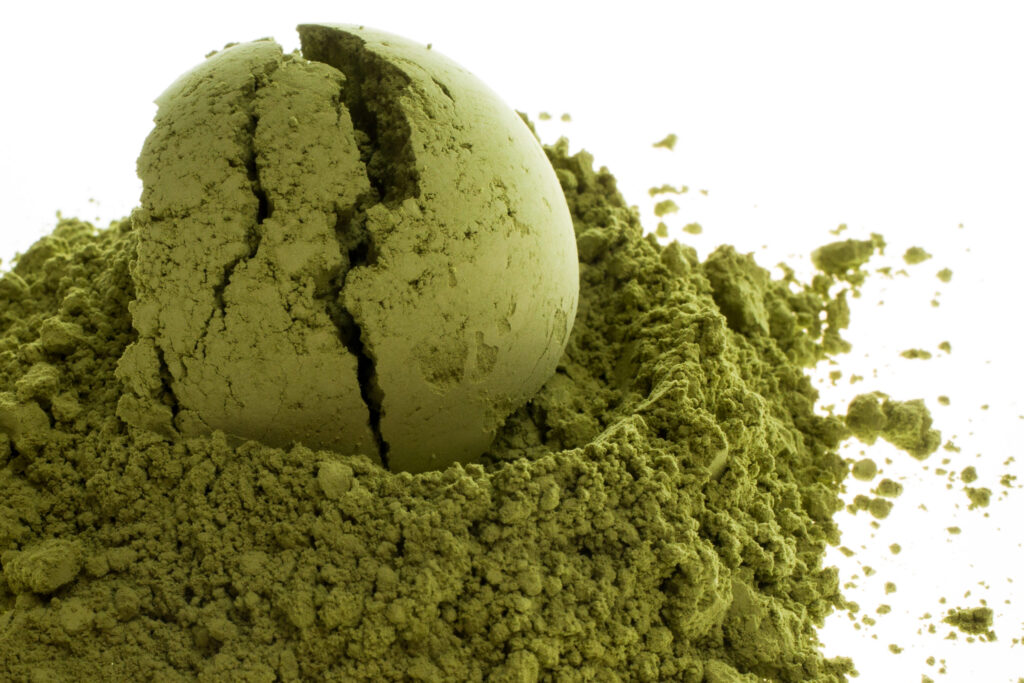Kratom and Aging – Herb May Support Healthy Aging and Longevity
Kratom, an herbal supplement derived from the leaves of the Mitragyna speciosa tree native to Southeast Asia, has gained attention for its potential benefits in supporting healthy aging and longevity. Traditionally used in countries like Thailand and Indonesia, kratom has a rich history of use in traditional medicine, where it is valued for its various therapeutic properties. In recent years, interest in kratom has expanded globally, with a growing body of research and anecdotal evidence exploring its impact on aging. As people age, they often encounter various health challenges, including chronic pain, reduced energy levels, and diminished cognitive function. Kratom is thought to offer several benefits that may address these issues. One of the primary compounds in kratom, mitragynine, has been found to exhibit analgesic properties. For older adults experiencing chronic pain or discomfort, kratom may offer a natural alternative to conventional painkillers, which can often come with undesirable side effects or dependency risks. By potentially alleviating pain, kratom can improve the overall quality of life and mobility for seniors, enabling them to maintain an active and engaged lifestyle.

Additionally, kratom is believed to have stimulating effects at lower doses and sedative effects at higher doses. This dual-action may provide a balanced approach to managing energy levels and sleep patterns, which are crucial aspects of healthy aging. For older adults who struggle with fatigue or insomnia, kratom’s ability to modulate these symptoms could support a more balanced and restful lifestyle. Enhanced energy and better sleep contribute to overall well-being, helping seniors to remain more active and mentally sharp. Cognitive function is another area where kratom’s effects are being explored. Some studies and user reports suggest that kratom may have nootropic properties, which could support cognitive health and mental clarity. As cognitive decline is a common concern with aging, kratom’s potential to enhance cognitive performance could be a significant benefit. However, it is important to approach these findings with caution, as more rigorous research is needed to fully understand kratom’s impact on brain health.
Despite these promising aspects, it is crucial to approach kratom for energy with a balanced perspective. The supplement is not without its risks and side effects, including potential dependency and withdrawal issues. Additionally, the quality and purity of kratom products can vary widely, which underscores the importance of sourcing kratom from reputable suppliers and consulting with healthcare professionals before starting any new supplement regimen. In summary, kratom holds potential as a supportive tool for healthy aging, offering benefits such as pain relief, improved energy and sleep, and possibly enhanced cognitive function. However, its use should be approached cautiously and informed by ongoing research and professional medical advice. As the interest in kratom continues to grow, further studies will be essential in determining its role in promoting longevity and overall health in aging populations.
